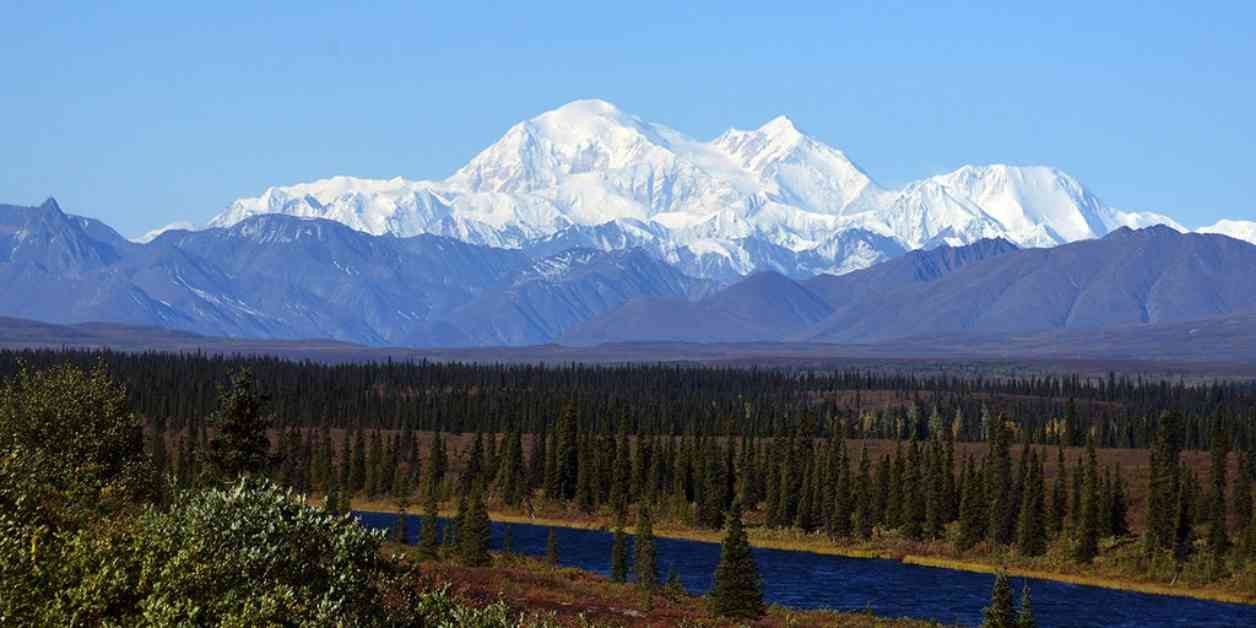Alaska Senators Criticize Trump’s Plan to Rename Denali as Mt. McKinley
President-elect Trump has sparked controversy by announcing his intention to reverse former President Obama’s decision to rename North America’s tallest peak, Denali, back to its original name, Mt. McKinley. This move has garnered criticism from Alaskan senators and raised questions about the historical significance and cultural implications of the name change.
The decision to rename Denali, meaning “High One” or “Great One” in Koyukon Athabascan, was made in 2015 by President Obama. However, Trump’s pledge to revert to the name Mt. McKinley, in honor of President William McKinley, has reignited the debate surrounding the mountain’s identity. McKinley, the 25th president of the United States, was assassinated in 1901, but his legacy remains a point of contention in Alaska.
Alaskan Senators Speak Out
GOP Sen. Lisa Murkowski and Sen. Dan Sullivan, both representing Alaska, have expressed their disapproval of Trump’s plan to rename Denali. Murkowski described the proposal as an “awful idea” and emphasized the significance of the name Denali, which has historical and cultural roots in the region. She highlighted the importance of honoring the Athabascan people and their legacy in naming the mountain.
Historical Context and Local Perspectives
The debate over the name of North America’s tallest peak dates back to the late 19th century when it was first named Mt. McKinley by a gold prospector in honor of the Ohioan president. However, the name Denali has been preferred by many Alaskans, reflecting the indigenous heritage and connection to the land. Sullivan has emphasized that the naming rights belong to the Alaskan Natives, who have a deep connection to the mountain.
Political Ramifications and Public Opinion
The controversy surrounding the renaming of Denali has not only sparked political debate but also raised questions about cultural sensitivity and historical preservation. While some Ohio officials have supported the renaming of the mountain, acknowledging the wishes of Alaskans, others have defended the legacy of President McKinley. The clash of perspectives highlights the complex interplay between history, identity, and political symbolism.
In conclusion, the debate over the name of Denali reflects broader issues of cultural heritage and political representation. The decision to rename the mountain has deep historical roots and resonates with the ongoing dialogue about indigenous rights and recognition. As Alaskan senators continue to voice their opposition to Trump’s plan, the controversy surrounding Mt. McKinley and Denali underscores the complexities of identity and memory in American history.





















